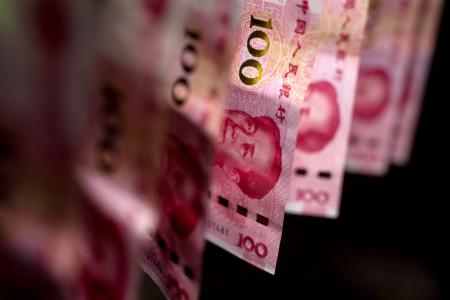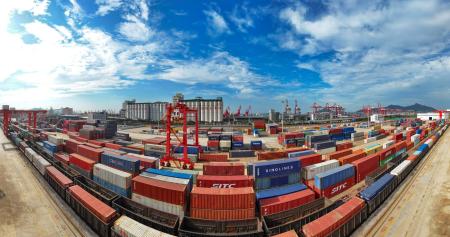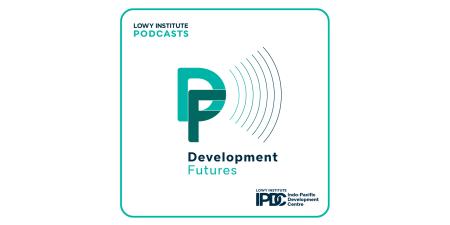Roland Rajah
International economic policy; Asia Pacific economies; macroeconomics; economic development; aid and development finance; globalisation; geo-economics.

Roland Rajah is Director of the Indo-Pacific Development Centre, a dedicated policy research centre within the Lowy Institute. The Centre is committed to producing fresh policy insights and ideas on the most pressing economic development challenges facing the Indo-Pacific region — principally focusing on the emerging and developing economies of Southeast Asia, the Pacific Islands and South Asia. He also serves as the Lowy Institute’s Lead Economist, a position he has held since joining the Institute in 2017.
Roland directs the overall work program of the Indo-Pacific Development Centre across its key thematic pillars of post-Covid growth and development, globalisation and regional integration, climate change and development, technology and digital economy, aid and development finance, and geoeconomics. The Centre also houses the Lowy Institute Pacific Aid Map project, which provides the world’s most comprehensive data tracking of all official aid and other development finance flows to the Pacific Islands.
A development economist by background, Roland has extensive experience working across both emerging Asia and the small island developing states of the Pacific. He has previously worked for the Asian Development Bank, Australian Department of Foreign Affairs and Trade, the Australian Agency for International Development (AusAID), and the Reserve Bank of Australia. Roland holds a master’s degree in economics from the Australian National University, where he was awarded the Helen Hughes Prize in International and Development Economics. He also serves on the board of the Cambodia Development Resource Institute, one of Southeast Asia’s leading independent policy research think tanks.








